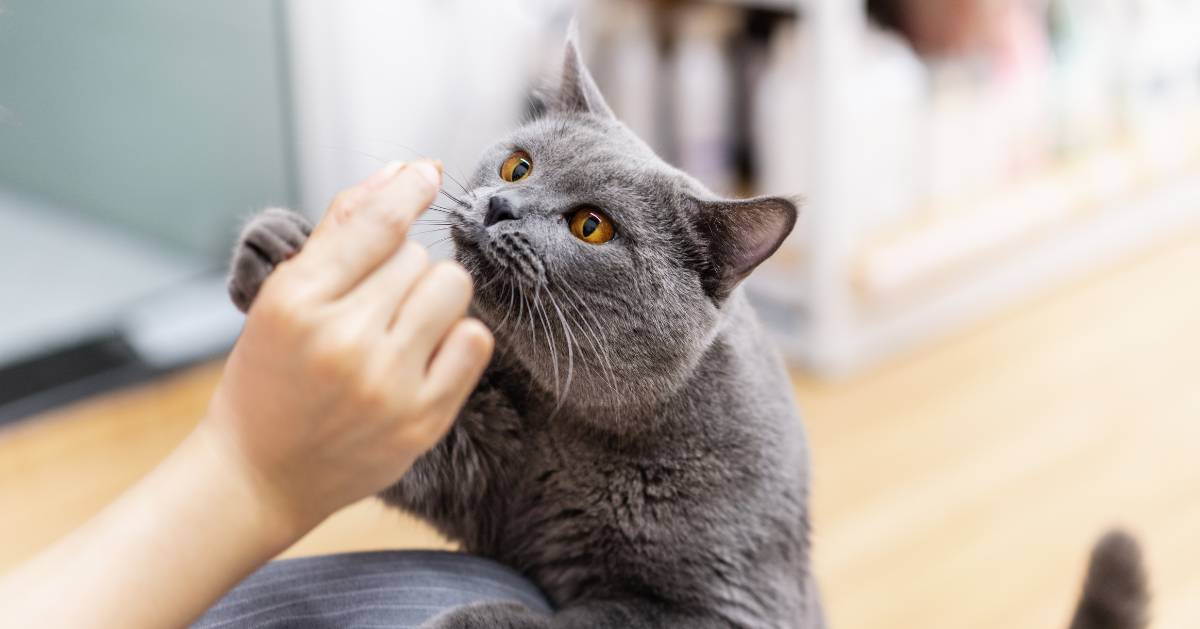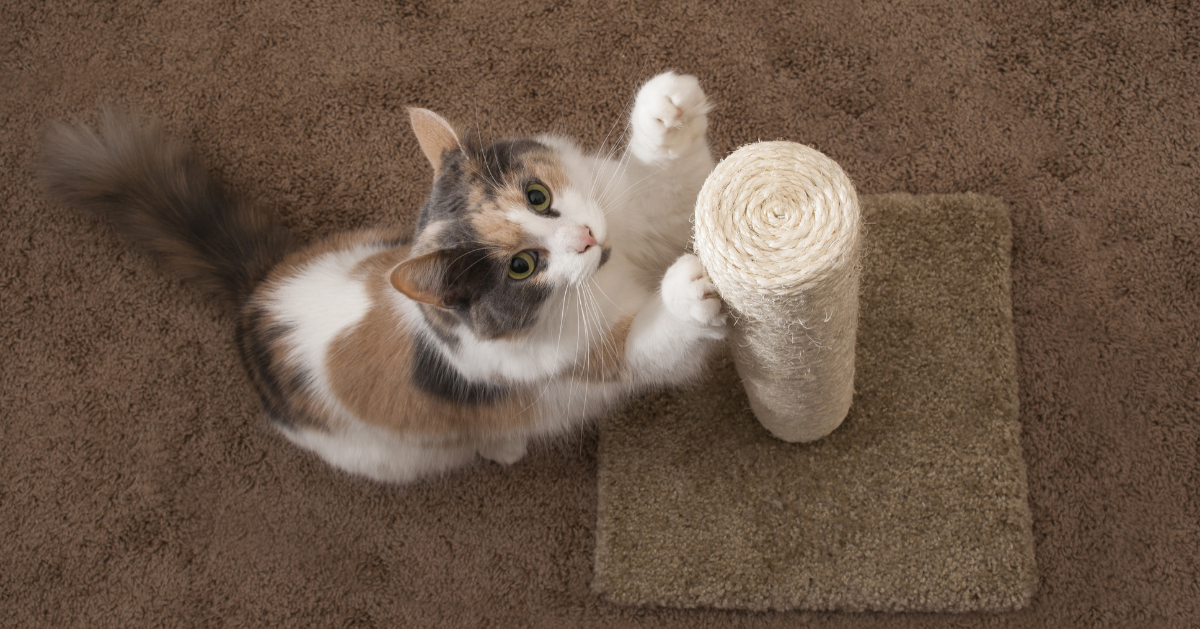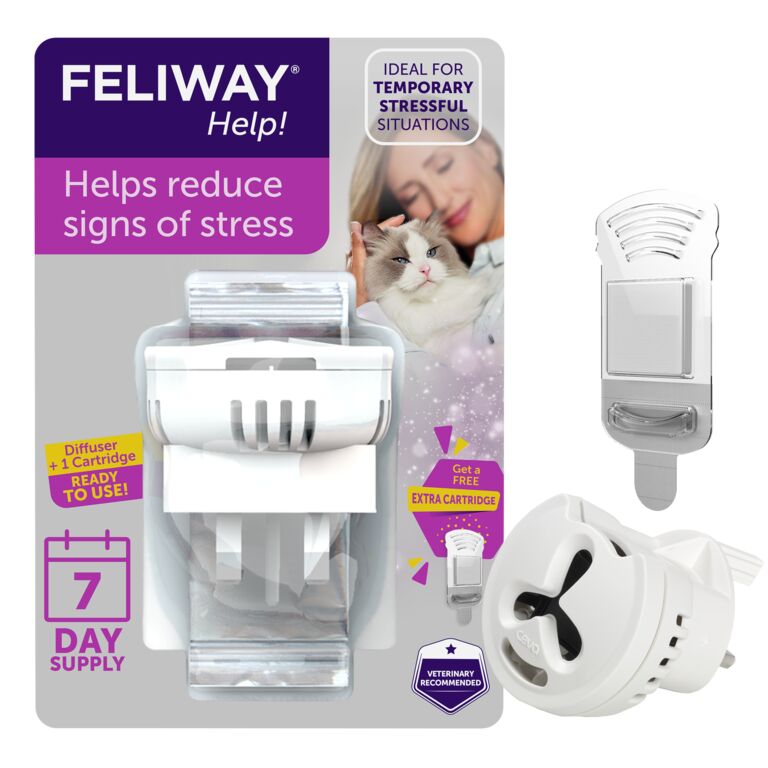
What to know before adopting a cat? 13 questions to ask...
Bringing a new pet into your home is a big decision! But although you may be bowled over by cute kitty bundles of fur when you see them in their litter, you need to be sure that you and your family are ready for the long-term commitment before you adopt a cat.
Different people have different expectations as to what having a kitty will be like! So, it's important to make yourself aware of the responsibilities. To help understand what life with a cat looks like, here are some questions that you should ask yourself before adopting!
13 Questions to ask yourself before adopting a cat-
Are you prepared for the long haul?
Cats commonly have a lifespan of between 12 and 18 years, and with modern healthcare and nutrition available for domestic cats, this can be extended to 20 years or more.
-
Are you prepared to commit time, energy, and an emotional bond?
Although independent, cats will soon become very close members of your family! Even though you don't need to take them for a walk - as you would with a dog - they will need your close attention both physically and emotionally.
-
Do you want a kitten or an adult cat?
You will not be able to bring a kitten home until they are 8 weeks old and you should also bear in mind that kittens need a lot of attention and your home must be prepared to keep them safe while they are small. Kittens can, unwittingly, be destructive especially when they are exploring their new surroundings; they have very sharp claws and will need some careful attention until they are trained.
If you adopt an adult cat, you will be able to get an idea of their personality - are they friendly, shy, or do they prefer their own company? You will be able to get an understanding of their personality from their previous owners, and they will normally have been neutered and vaccinated.
-
Where do you go to get a cat?
You need to decide if you want to have a pedigree cat, or if you are happy to have a 'moggie'.
A Pedigree Cat
If you are looking for a pedigree cat, you should contact a registered breeder who will be able to give you a lot of information about the breed and each individual cat. Always check out the kitten when they are with their mother and littermates, and look out for signs that they are sociable, alert, and have no visible health issues.
A 'Moggie'
You will probably never get to know a moggie's family tree, as they are a mix of different cats, so when getting a moggie kitten it will be more difficult to get an idea of their background or predict how they will develop. However, you should still look out for key behaviour traits before you bring them home; are they happy to be handled by humans, do they play with toys, and how do they behave with their littermates?
The Kitten Checklist is a useful tool to use when looking for any cat and, whether a pedigree or a moggie, you should not feel obligated to take a kitten home, if you are not confident that they will be happy and healthy when they leave the litter.
-
Do you want an indoor cat?
Most cats can live quite happily indoors as long as they have all the necessary resources to 'survive' like food, water and toileting facilities, but they also need plenty of mental stimulation to maintain all their natural predatory behaviours like spaces to hide, play and scratch. They will also need comfy places to feel safe where they can rest and sleep.
-
Do you want an outdoor cat?
Cats that have outside access will face more risks, but they will get the instinctive mental stimulation that their predecessors had in the wild. They will have access to trees to climb, bushes to hide behind and things to chase! However, they will also have exposure to other cats, possibly other diseases and even road traffic. If you are going to let your cat outside, it's important that they are registered with a vet, vaccinated and microchipped and that they know they have a warm and welcoming home to return to for their feline comforts.
It's also worth considering ways in which you can make your garden a cat-safe zone. Consider installing fencing around your garden to ensure your cat doesn't go wandering, or perhaps invest in an outdoor cat enclosure (known as a catio) to keep your kitty safe, happy and healthy.
-
Are you looking for a lot of interaction from your cat?
Some breeds of cats are known for their independent traits, while others are well known for being lap cats and are very happy to play and curl up beside you on the sofa. Make sure you research different cats' personality traits - it's important to consider what sort of cat will fit your lifestyle best.
-
Are you at home all day or do you go out and about?
Cats like routine and, whether you are at home or at work, try to keep to a routine so that they know what to expect on a daily basis. Using a cat calming solution like FELIWAY Help provides reassurance to cats, helping them to feel more comfortable and secure in their homes. Leave the diffuser on and plugged in day and night in the room where your cat spends the most time.
You should limit the time you leave a kitten at home to about an hour; this can gradually increase as your cat gets older, but remember, if you are leaving a cat home alone, ensure they have access to all of their resources like places to snooze, toys to play with, and of course their food and litter tray.
-
Do you have a busy social life?
Creating an environment that is safe and stimulating for a cat is important; cats don't like change and can take time to adapt or welcome new people or new scents that people bring into the home. They can be wary of strangers and will approach them in their own time. So if you are planning a party, make sure your feline friend is safely tucked away in a separate room with a comfy place to hide away from the party frolics.
-
Are there children in your home?
Depending on their age, you may have to spend time supervising their interaction and teaching the children how to handle their new pet. If you have a baby in the home, you should take special care to ensure that your new kitten is healthy and that they are introduced slowly so that both your baby and kitty grow up to be the best of friends. Remember that supervision is key - you should never leave your cat alone with a baby or young toddlers.
-
Have you considered the cost?
Sometimes you will be able to adopt a cat from an unplanned litter; often, the owners will be happy to ensure their kittens are going to a good home, and will not want any money (or only a minimal amount) for the kitten, but this is generally down to the owner. Check if the kittens have been vaccinated and wormed; if not you will have to do this as soon as possible after bringing them to their new home. Remember kittens should not be taken from their litter before they are 8 weeks old.
If you are looking for a pedigree cat, you can expect to pay a substantial amount as they will have been selectively bred for the specific traits you are looking for. But no matter what type of cat you're looking to get, it's important to check with the breeder if your kitten has received any vaccinations or worming treatments - this will depend on how old they are when you visit. You should also check with the breeder when their kittens will be released, as it may be longer than the minimum of 8 weeks of age.
It is also wise to microchip your cat as soon as you can, especially if they are going to be an outdoor cat. We recommend you consider pet insurance to protect against any unexpected accidents or illnesses your cat may incur, and remember to speak to your vet about neutering, as this can also cost a fair amount!
-
Do you know what resources a cat needs?
In addition to the above costs, you should take into account the ongoing resources that will be required, and all the essentials for a happy cat, for example:
- Cat carrier; it can sometimes be a challenge to get them inside, so introduce them over time to build familiarity! And make sure you choose the best cat carrier.
- Food; your kitten should have been weaned before you bring them home and you should have available the correct age-related food for their arrival. Remember, kittens like to snack and will probably eat multiple times a day to keep up with their growth spurts - so feed them little and often!
- Litter tray and substrate; the position of their litter tray is important to a cat! Avoid high traffic areas so your cat can use their litter tray in peace.
- Beds; cats like different resting and hiding places where they feel safe!
- A scratching post; to avoid damage to furniture!
- Toys; these need not be expensive, a toilet roll tube on a piece of string will keep a cat very happy!
- Ongoing healthcare; register your cat with a vet.
-
Will you have time to look after their general welfare?
There are a number of key considerations you need to be aware of:
- There is no way of knowing how long it will take your cat to settle into their new home. Some take longer than others so give them time to adapt.
- Cats like routine, so establish one as soon as you can to help them settle.
- Don't force them to interact with you. This can take time; sitting on the floor and letting them come to you at their level and in their own time will help.
- Make sure you register them with a vet and get them checked out annually.
- Cats like to keep clean and groom themselves frequently, but if you feel that they are grooming excessively, this could be a sign of stress.
- Remember, not all cats are receptive to being groomed by humans, but if your cat is receptive it's a great way to bond with them and a good opportunity to check them over for any wounds or bumps that may need to be seen by a vet. If your cat isn't fond of you grooming them, try to gradually introduce it to your routine to help them get used to it.
There's a lot to think of before you adopt a cat, read these 11 top tips to support your newly adopted cat and discover how your puurfect home will be complete with a feline friend!





































